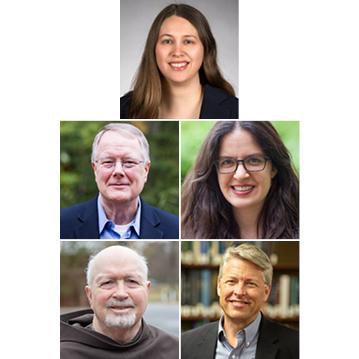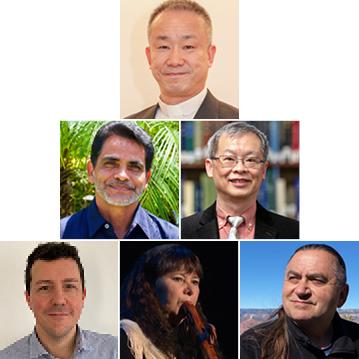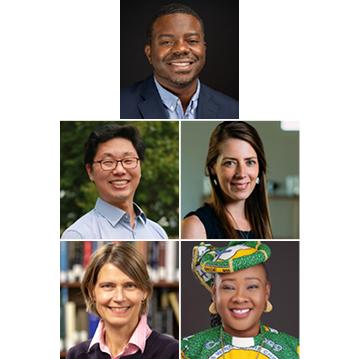This event was co-sponsored by the Frederik Meijer Chair in Dutch Language and Culture at Calvin College.
Program
- LORD, to You My Soul Is Lifted (Psalm 25)
- Welcome/Prayer by Emily Brink, Senior Research Fellow, Calvin Institute of Christian Worship
- Psalms 42 & 43
- Welcome by The Psalm Project
- Teach me Lord (Psalm 86)
- LORD, you have searched my heart (Psalm 139)
- My Soul Finds Rest in God Alone (Psalm 62)
- Prayer for the King (Psalm 72)
- Happy Are Those (Psalm 119)
- My help comes from the LORD (Psalm 121)
- My God, My God, Why (Psalm 22)
- Introduction to group members and guests by The Psalm Project
- I love the Lord (Psalm 116)
- Praise the Lord (Psalm 150)
- With All My Heart I Thank You, LORD (Psalm 138)
- Give Thanks to God for All His Goodness (Psalm 118)
- Praise the Lord (Psalm 150)
- You Servants of the LORD our God (Psalm 134)
- Psalm 85 (lyrics by Calvin College students, music by The Psalm Project)
About The Psalm Project
A remarkable combination of gifts come together in Psalms Unplugged. To begin, the texts are fresh and contemporary settings of the ancient biblical psalms. In addition, the tunes are also fresh and contemporary versions of 16th century tunes from the Genevan Psalter of 1562, produced under the leadership of John Calvin. A third combination of gifts comes from members of The Psalm Project, professional musicians under the leadership of Eelco Vos who had a vision to dress historical treasures in 21st century sounds.
When first learning of the work of The Psalm Project, we at the Calvin Institute of Christian Worship were intrigued by their vision and by the excellence of their work. [After all, psalters set to the Genevan melodies are still available in Dutch, English, German, Hungarian, Indonesian, and Japanese. The tune of Psalm 134 is the best known tune in hymnals around the entire world. ] So we eagerly encouraged them to consider a recording with English texts. Psalms Unplugged is the result. We also invited them to participate in the Calvin Symposium on Worship in 2011 to introduce them to a North American audience. We rejoice in their approach to revive singing of the psalms, the prayer book of the church of all times and places.




